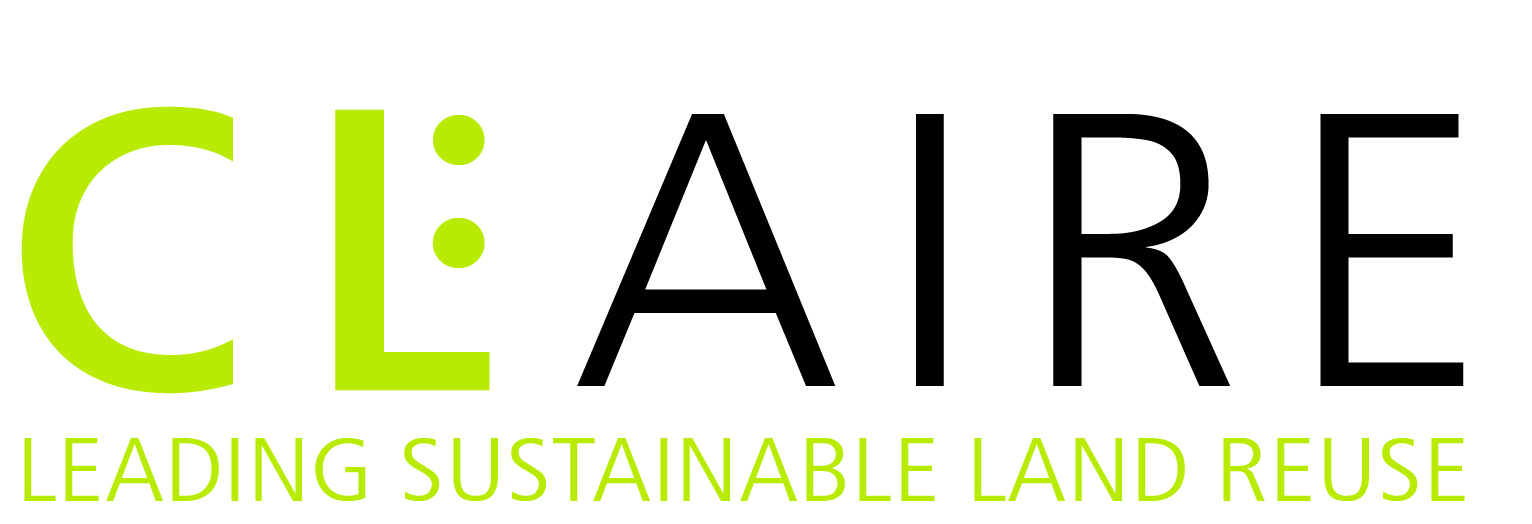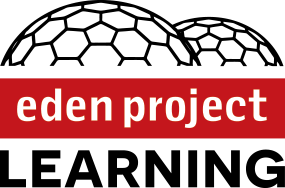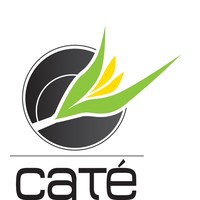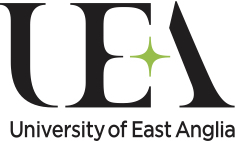 The University of Plymouth is home to world-leading researchers in various aspects of soil research. Working with partners including the world-famous Eden Project, it has over a decade of expertise in the design and manufacture of reconstructed soils. This includes measuring the effectiveness of soil recipes and the nutrients that need adding to ensure optimum mixes and working with industry and agriculture to ensure they are fit for purpose.
The University of Plymouth is home to world-leading researchers in various aspects of soil research. Working with partners including the world-famous Eden Project, it has over a decade of expertise in the design and manufacture of reconstructed soils. This includes measuring the effectiveness of soil recipes and the nutrients that need adding to ensure optimum mixes and working with industry and agriculture to ensure they are fit for purpose.
It has also led internationally significant research in Europe, Africa and South America looking at the causes and effects of soil degradation. That research has suggested that an interdisciplinary approach – which includes engaging local communities – is the only way to secure real and lasting change and avoid such devastating impacts on traditional farming landscapes.
 CL:AIRE is an educational charity that works with industry, through its membership, to identify common problems in the field of sustainable land management. Using its extensive experience of developing industry-led initiatives, it works with highly respected experts and government to develop solutions which are tested and critiqued by our Members to ensure they are fit for purpose. It promotes innovative materials management and brownfield redevelopment including contaminated land remediation across a number of sectors and has a breadth of expertise in technology development, dissemination and knowledge transfer.
CL:AIRE is an educational charity that works with industry, through its membership, to identify common problems in the field of sustainable land management. Using its extensive experience of developing industry-led initiatives, it works with highly respected experts and government to develop solutions which are tested and critiqued by our Members to ensure they are fit for purpose. It promotes innovative materials management and brownfield redevelopment including contaminated land remediation across a number of sectors and has a breadth of expertise in technology development, dissemination and knowledge transfer.
CL:AIRE independent technical advisory group, the Technology and Research Group (TRG), is made up of leading land contamination practitioners who provide transparent review of CL:AIRE’s outputs which include an extensive range of materials for technical and non-technical audiences, including bulletins, reports, webinars, videos and animations.

Eden Project Learning (EPL) is an educational partnership between the Eden Project and The Cornwall College Group and offers undergraduates and postgraduates the opportunity to gain recognised qualifications from HNC to MSc, while gaining practical hands-on experience in an extraordinary learning environment at Eden Project, UK.
EPL is one of the largest degree level plant science groups in the UK, with soil science as a core component of all education programmes. Based at the Eden Project, EPL has unique access to the Eden Project biomes, labs, and 20-year-old soils constructed from waste materials and alongside the ReCon Soil project partners, EPL shares decades of expertise in the design and manufacture of reconstructed soils.
EPL soils and plant science physiological expertise will have substantial input in ReCon Soil project work packages, developing soil recipes and investigating through plant growth experiments and plant/soils analysis. Through its public engagement at Eden Project and Citizen Science, as well as through training a range of beneficiary/stakeholder groups, EPL will be a key partner on the ReCon Soil project as a prominent outreach platform via Eden Project, communicating scientific plant and soils knowledge to the public (approx. 7000 visitors per day).
 The Bureau de Recherches Géologiques et Minières (BRGM) in Normandy, France, is the national geological service and is the benchmark public establishment in France for the application of Earth sciences to manage the resources and risks of the soil and subsoil with a view to sustainable development.
The Bureau de Recherches Géologiques et Minières (BRGM) in Normandy, France, is the national geological service and is the benchmark public establishment in France for the application of Earth sciences to manage the resources and risks of the soil and subsoil with a view to sustainable development.
BRGM's role within the ReCon Soil project is to:
- Establish a database of local waste with potential for soil restoration in an agricultural or urban development context.
- Develop and test soil formulations from the identified waste by developing a pilot-scale soil construction demonstrator to study their safety, as well as their potential for carbon sequestration.
- Establish a life cycle analysis of this waste-to-energy approach as a low-carbon technology and identify potential environmental benefits.
 Comité d’Action Technique et Economique (CATÉ), Bretagne, is an experimental centre based in the heart of the vegetable and horticultural production area of Brittany. The station carries out regional, national and European programmes of experimentation on fresh vegetables, ornamental horticulture and cultivated mushrooms. These programmes seek to resolve technical issues which may be encountered in production and develop the diversification and segmentation of the products.
Comité d’Action Technique et Economique (CATÉ), Bretagne, is an experimental centre based in the heart of the vegetable and horticultural production area of Brittany. The station carries out regional, national and European programmes of experimentation on fresh vegetables, ornamental horticulture and cultivated mushrooms. These programmes seek to resolve technical issues which may be encountered in production and develop the diversification and segmentation of the products.
Located in St Pol de Léon, in the heart of the vegetable and horticultural area of Brittany, the station conducts regional and national experimental programs in fresh vegetables, ornamental horticulture and cultivated mushrooms. These programs aim to solve the technical problems encountered in production or to respond to changes in consumption.
 At the heart of the concerns of the University of Le Havre Normandie, is the dissemination of scientific culture at the interface of several major axes: the access of all citizens to scientific knowledge, the development of a taste for science in the youngest and enhancement of scientific and technical heritage.
At the heart of the concerns of the University of Le Havre Normandie, is the dissemination of scientific culture at the interface of several major axes: the access of all citizens to scientific knowledge, the development of a taste for science in the youngest and enhancement of scientific and technical heritage.
On the strength of the dynamism of its research structures, the University of Le Havre Normandie has initiated the organization of numerous scientific events, the publication of scientific works, in particular within the framework of a publication service carried out both by the University of Rouen Normandy and the University of Le Havre Normandy, or the organization of scientific mediation actions for the general public.
 University of East Anglia is a partner organisation in this cross-Channel research project, bringing expertise in soil science, spatial analysis and environmental economics.
University of East Anglia is a partner organisation in this cross-Channel research project, bringing expertise in soil science, spatial analysis and environmental economics.
The Research Excellence Framework assessment (2014) showed that over 82% of UEA's research activity was "world-leading" or "internationally excellent”. The School of Environmental Sciences is one of the longest established, largest and most fully developed interdisciplinary institutions of its kind in Europe. In 2017, The Queen’s Anniversary Prize for Higher and Further Education, was awarded to the School, marking 50 years of ground-breaking environmental science research and teaching.







